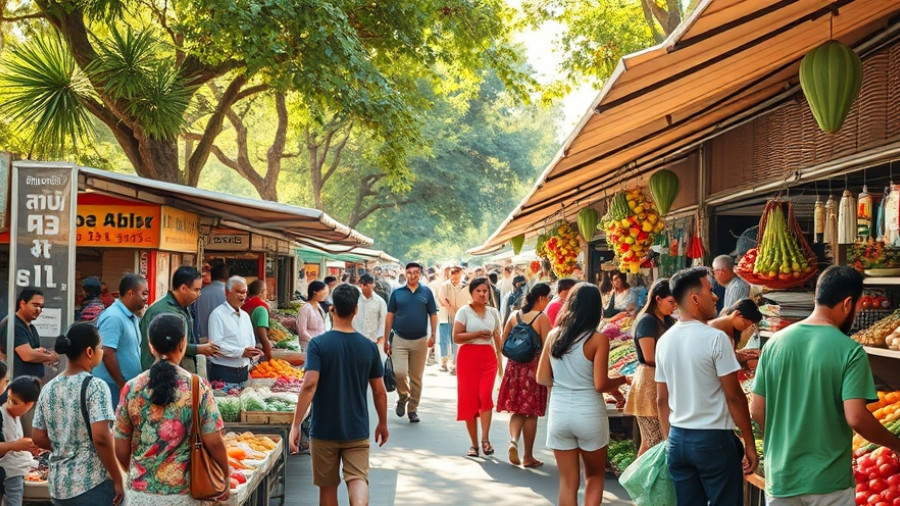
How Political Promises Affect Our Lives
As we approach the upcoming Tweede Kamer elections, the impact of political decisions on the daily lives of citizens has never been clearer. The Sociaal en Cultureel Planbureau (SCP) recently analyzed the election programs of ten political parties, shedding light on how they plan to address social issues that affect the quality of life in the Netherlands. While the parties recognize the urgency of various societal concerns, their proposed solutions often lack a long-term vision.
Exploring the Core Issues
The SCP focused on critical policy themes that include existential security, asylum and migration, healthcare, climate change, civic engagement, democratic governance, and societal cohesion. Although political parties pledged to tackle pressing issues like housing, healthcare, and poverty, many strategies seem focused more on immediate results rather than sustainable change.
For instance, with regard to the healthcare sector, there is a general consensus about its unsustainable growth. However, few parties provide concrete proposals to manage the escalating healthcare costs effectively. The burdening expectation that citizens must contribute more through various means—be it working longer hours or taking on additional caregiving responsibilities—creates an unsettling pressure that the political sphere seems reluctant to address directly.
The Burden of Civic Participation: A Call for Balance
Political narratives frequently stress the need for citizens to engage more in societal contributions, including work, volunteering, and caregiving. This call to action raises concerns regarding how much the average person can realistically handle without resulting in burnout. The SCP indicates that while some parties offer measures designed to alleviate this pressure, such as enhanced leave policies or support for caregivers, there is an evident absence of an overarching framework that adequately balances work, care tasks, and personal time.
Resilience Beyond Defense
Most party programs touch on external threats such as war and climate change, advocating investments in defense and infrastructure to bolster the nation’s physical resilience. Yet, according to SCP’s Karen van Oudenhoven, there is a glaring omission regarding the vital role of social resilience. The COVID-19 pandemic has highlighted just how crucial it is for communities to connect and support each other in crises. However, the investments needed in social infrastructure, such as community centers and libraries, receive little emphasis in current political agendas.
Reinforcing the Rule of Law
Political parties express concern over the integrity of the democratic state; however, not all translate that concern into actionable strategies. Research indicates a gap in public understanding of the rule of law's significance. This lack of awareness poses a risk, especially when certain proposals threaten to restrict the rights of specific groups. The SCP emphasizes the need for continued investment in civic education and promoting active engagement in democratic processes to preserve the essence of rights and freedoms in society.
A Sustainable Vision for the Future
The SCP’s analysis serves as a clarion call for political parties. They must transcend short-term solutions and aim to develop a comprehensive vision that prioritizes the quality of life across generations. This entails creating inclusive policies that consider the diverse needs of the population, ensuring that all citizens can meaningfully participate in society without overwhelming obligation.
As the election draws near, citizens, particularly those committed to sustainable and conscious living, must advocate for a future where political promises translate into real benefits that enhance social equity and well-being.
 Rij toevoegen
Rij toevoegen






Write A Comment